#Romanian
Text
#sfw agereg#medibang#feet sitting#lynn williams#wlw joke#pinkcore#spoil me#ootdinspo#kashmir#romanian
567 notes
·
View notes
Text

Duke, -duce, Herzog & ziehen
Duke comes from the Latin word dux (leader). It's related to the verb dūcere (to lead; pull), whence English -duce, for example in to seduce (whose original Latin meaning was 'to lead astray').
The second part of German Herzog (duke) is cognate to dux. This part, -zog, is related to the German verb ziehen (to pull), cognate of dūcere.
Old English had cognates of both words. Its counterpart of Herzog was heretoga (army leader). In Middle English it became heretowe, which would've become modern *hartow. The Old English cognate of ziehen was tēon. This verb would've become *to tee if it had continued to exist. See the infographic for information about its past tense and past participle.
#historical linguistics#linguistics#language#etymology#english#latin#french#dutch#german#spanish#old english#old french#old dutch#old saxon#low saxon#old high german#old frisian#frisian#romanian#catalan#portuguese#greek#venetian#gothic#lingblr
30 notes
·
View notes
Text
This Romanian cub has got problems. Working part-time as a security guard, he obviously doesn't earn enough money, so he started off a side project on CB. The only problem was his shape.


He has a nice, round fat belly, and weighing around 100 kilos, he is feeling the pressure to hit the gym and grow some muscles. He has a big appetite, and his literal dream is to find a sugarmommy or sugardaddy to soothe his seemingly insatiable appetite.




As he started noticing that quite a few of his viewers don't mind his belly, let alone support paying him extra for a nice, filling meal, he decided to start going with the flow and letting his belly grow.






He is a really nice guy, a good chat, and a hungry mouth.
Everything is shared with consent of the creator. I do not own or claim any right for the footage.
CB/OF: passionalmax
2K notes
·
View notes
Text
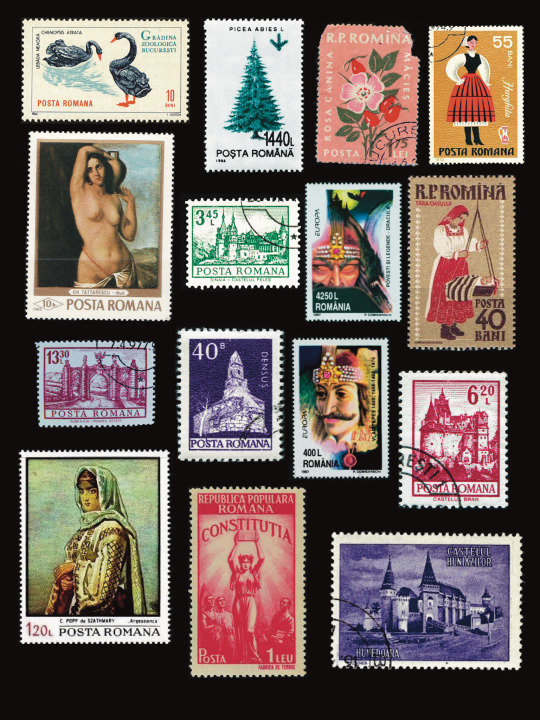
assortment of Romanian Stamps
6K notes
·
View notes
Text

Romanian Athenaeum in Bucharest, ROMANIA
528 notes
·
View notes
Text
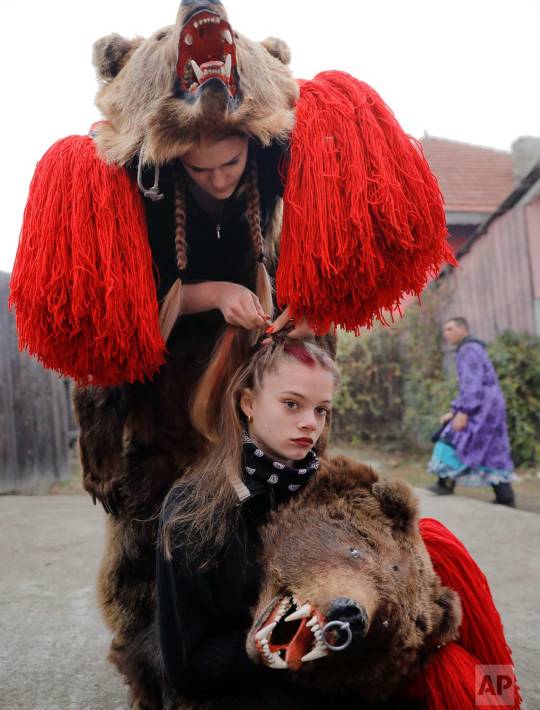
Romanian bear dancers, Romania, by Vadim Ghirda
#romania#europe#eastern europe#traditional clothing#traditional fashion#folk clothing#cultural clothing#romanian
3K notes
·
View notes
Text
three romanian authors to read with ur dracula daily
dracula is an orientalist text conceived at the height of british empire, grounded in distortions of a region that stoker never visited. sadly (and unsurprisingly) i found very few romanian authors who have been translated into english online, so here’s a meagre list of recs:
1. luminița cioabă
romanian roma author, famous in romania as the daughter of bulibasha (the king of the roma nation), she forged her own path as a writer of short stories in the oral roma tradition which portray in vivid detail the history of the roma people of romania
the birch grove
queen of the night and stone flower
meralda
from her book, the lost country
2. marin sorescu
from humble rural romanian roots, he wrote under the oppressive ceausescu government. in a national ironic tradition he very famously said: "Just as I can't give up smoking because I don't smoke, I can't give up writing because I have no talent." some of my favorite poems:
the sea shell (1983)
carbon paper (1980)
creation (1992)
3. paul celan
jewish poet from bucovina. i recommend this beautiful essay by ilya kaminsky, who like celan was forced to flee eastern europe due to antisemitism, deconstructing various translators’ attempts to adapt celan’s texts and experience of the holocaust. these are all poems from a 1971 poetry collection
all souls
leap-centuries
language mesh and night
homecoming
#dracula daily#dracula#romanian lit#romania#romanian literature#romanian#romanian writers#romani writers#jewish writers#bookblr#recs#please feel free to add if you have any other translation recs
13K notes
·
View notes
Text
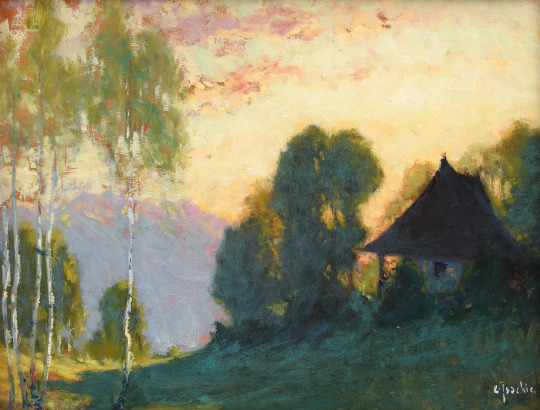
Constantin Isachie Popescu (1888 - 1967) - Twilight. Oil on cardboard.
898 notes
·
View notes
Text
The word for 'I' has many different forms in the Romance languages, such as French je, Italian io, Portuguese eu and Spanish yo. Yet all these forms stem from one Latin word: egō. Here's how egō step by step changed into a selection of its Romance descendants.
People who subscribe to my Patreon get access to extra information further explaining what you see on the infographics and videos. To give you an impression, here's the text that goes with this video.
How did these forms originate?
Latin, Late Latin and Sardinian
Around the second century AD, the [g] sound of Latin egō (as in English go) started to weaken. It became a fricative sound similar to the one in Modern Spanish agua 'water'.
In this form, with only minor vowel changes, it survived until this very day in certain Nuorese dialects of Sardinian: ego. These geographically isolated dialects are known for being the most conservative descendants of Latin. Their most notable trait is the conservation of the Latin [k] and [g] sounds before i and e: Latin centum '100' with [k] became kentu, whereas in Italian it became cento with the [tʃ] sound of English check, and in French, Portuguese and many variaties of Spanish it respectively became cent, cento/cem and ciento/cien with [s].
In a Late Latin text from the 6th century, we encounter egō as eo. By this time, the consonant had been dropped. It's this form that's considered Proto-Romance, i.e. the form that gave birth to all descendants except the form in the Nuorese dialects I discussed above. Eo even remained practically intact in a number of other Nuorese dialects.
Portuguese and Romanian
In Portuguese and Romanian, the -o of eo became w-like: eu. However, the Romanian spelling hides the diphthongisation of [ɛ] to [jɛ], later [je]. Cfr. ferrum > fier, and pellem > piele.
Italian and Neapolitan
In Italian, [ɛ] became [e] and then [i], a sound close to it: io. This sound change didn't only happen in this word: compare mio 'my' (from Old Italian meo) and Dio 'God' (from Deo) with Portuguese meu and Deus. In Neapolitan, the -o weakened and became the schwa sound of English words like roses.
Spanish and French
The form io must have also existed in the distant ancestors of Spanish and French, but there, [i] didn't stop changing: it turned into a [j], its consonantal counterpart. In both languages, this [j] eventually underwent fortition: it became a stronger consonant similar to the one in English joke, which eventually weakened again in Modern French je.
In South American Spanish, interesting things are happening. The sound change that yo pronounced as [ʒo] has undergone in the Rioplatense dialects in Uruguay and the southern part of Argentina is called zheísmo, and what's happening in Buenos Aires and spreading through Argentina is called sheísmo: [ʃo].
#historical linguistics#linguistics#language#etymology#latin#french#spanish#old french#old spanish#romanian#sardinian#portuguese#italian#proto-romance#video#audio#lingblr#late latin
704 notes
·
View notes
Video
Romanian chub shaking to the well-known rhythm. Some say it’s better then the original.
4K notes
·
View notes
Text
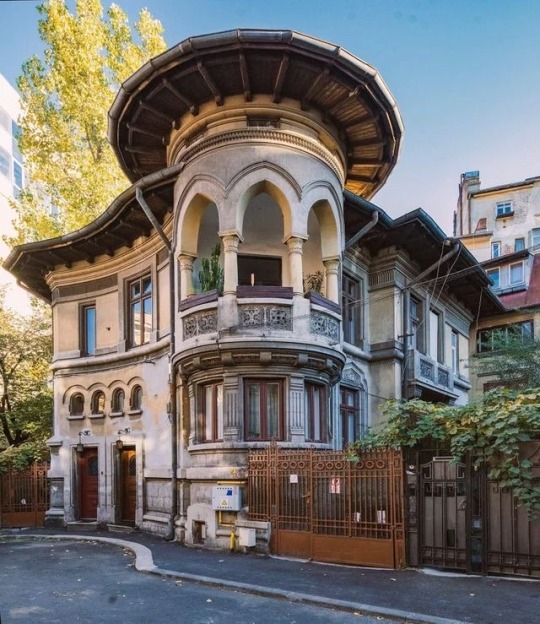
Neo-Romanian house, designed by the first woman architect in Romania, Victoria Andreescu-Haret (1894-1962), Bucharest
Source: Reddit
#romania#bucharest#building#builders#architects#architecture aesthetic#architecture#aestetic#romanian#woman#city/town#capital#history#eastern europe#europe#house#home#homesweethome#architectural#cityscape
4K notes
·
View notes
Text
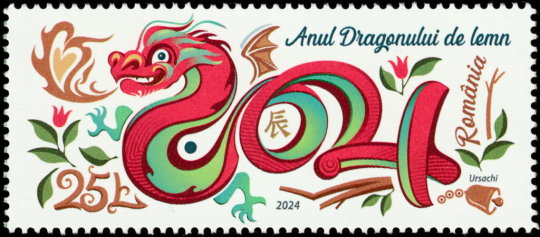
a 2024 Romanian stamp released for the Lunar New Year
[ID: a rectangular postage stamp with a highly stylized illustration of a red and green dragon. the dragon breathes fire and loops around itself, appearing to write out "2024" with its body. "Anul Dragonului de lemn" is written next to the dragon. the face value of this stamp is 25 Romanian leu. end ID]
#snail mail#stamps#postal#postage#animals#mythology#dragons#lunar new year#mod fave#request fill#romanian
222 notes
·
View notes
Text
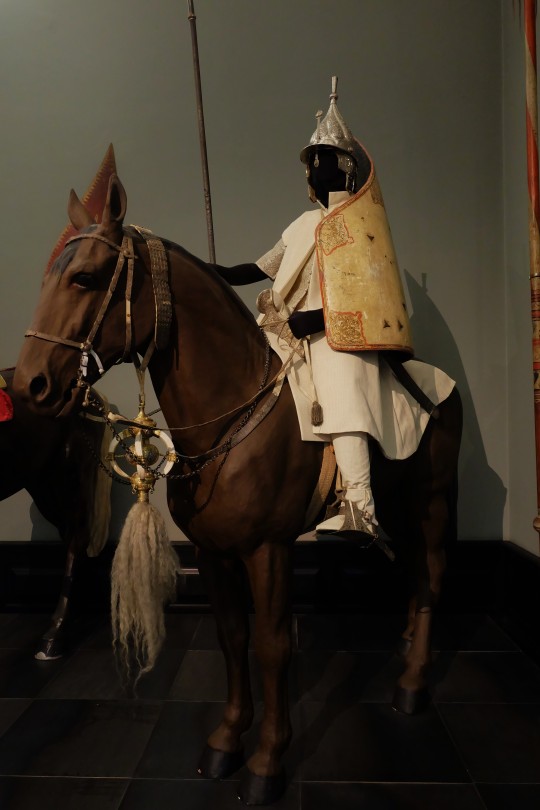
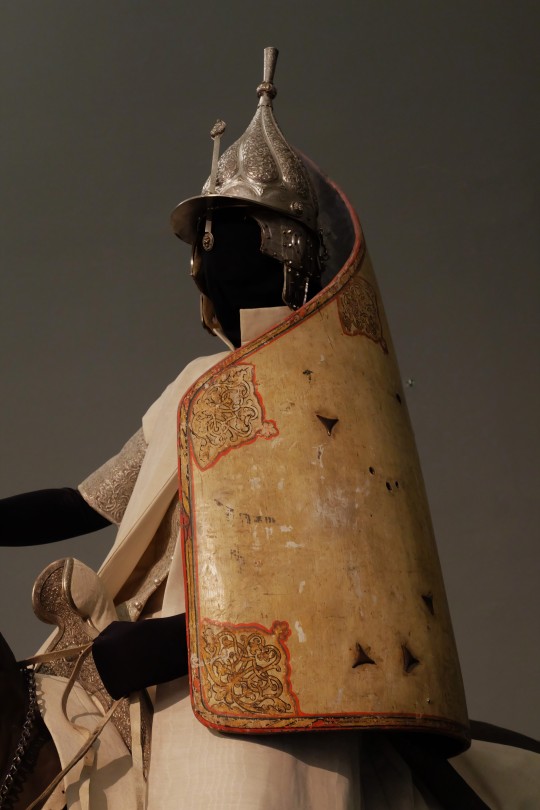
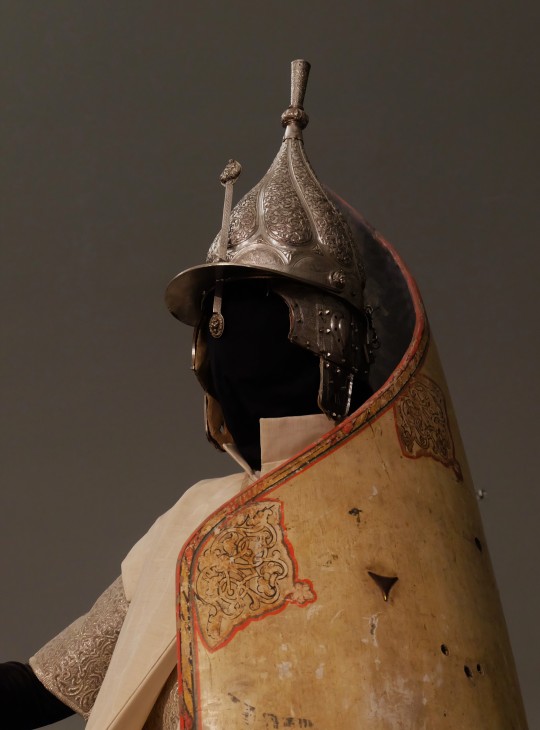
Light Cavalry Armour and Weapons from Wallachia, Romania dated to 1549 on display at the Weltmuseum in Vienna, Austria
Photographs taken by myself 2022
#armour#armor#uniform#fashion#art#romanian#romania#16th century#renaissance#cavalry#military history#weltmuseum#vienna#barbucomedie
713 notes
·
View notes